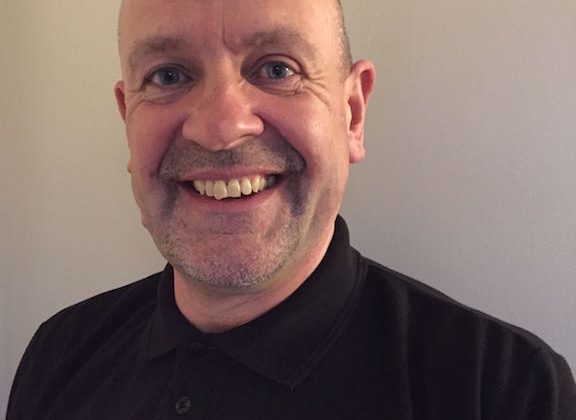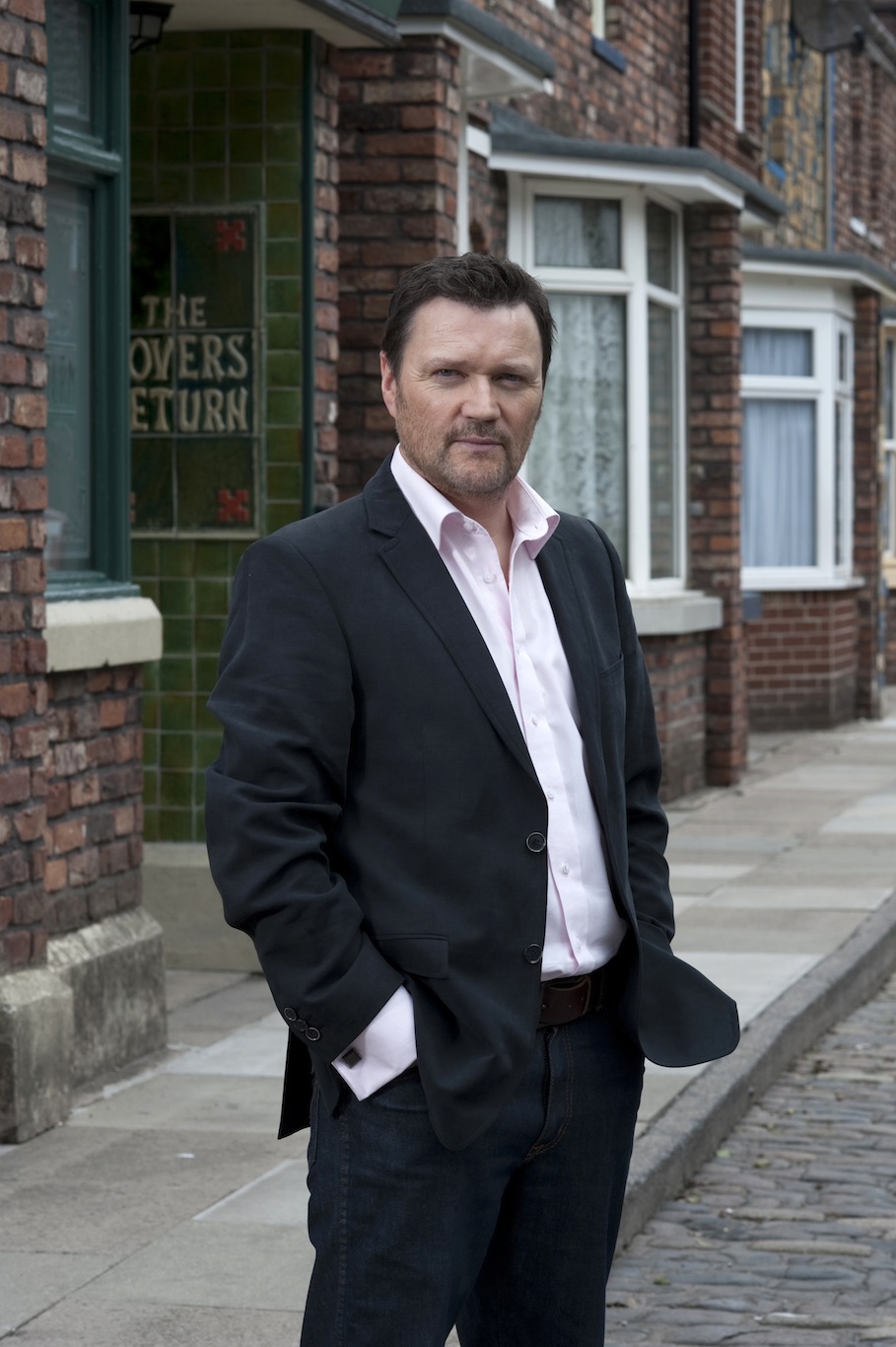
All fathers want to see their children open their presents on Christmas morning.
But thousands of dads across the UK will miss that moment this year.
A friend of mine, Richard, is one.
Having split from his partner earlier this year, he will spend Christmas day alone “drinking too much red wine and watching movies on Sky” before collecting his young children from their mother to spend New Year’s Eve with them at his place.
He talks about “just wanting to just get through it this year” but he’s not alone. From the divorced to the bereaved via fathers working away from home, thousands of men will miss that Christmas-presents morning this year.
National shame
According to a recent online survey by Samaritans, some 45 per cent of men felt sad or depressed at Christmas time; 37% of men admitted to feeling lonely, citing relationship and financial difficulties as their main sources of their anxiety.
And it’s not just older men. A separate survey, carried out for the BBC by market research company Comres, found that 18 to 24-year-olds are nearly as likely (30%) to feel lonely as those over 65 (31%).
The Health Secretary Jeremy Hunt recently described the plight of the “chronically lonely” as a “national shame.”
“We have to move beyond the idea of men don’t talk, boys don’t cry,” says Joe Ferns, Executive Director of Policy, Research & Development at Samaritans. The organisation received 244,000 calls during the Christmas period last year and volunteers will man 201 UK branches over the festive period.
“We’re supposed to be modern men but, when we don’t cope, not coping becomes the biggest problem for us.”
“At Christmas,” he adds. “It’s even harder to hide from the reality of our feelings.”
Small steps
So how exactly can men get through it this year?
Peter Saddington, a Relate counsellor based in the Midlands, encourages men to reach out and take small, practical steps.
“Separated fathers could plan a Skype call for Christmas Day morning, then plan a second Christmas to make memories for your kids,” he advises.
Relate offers telephone and online counselling over Christmas, according to where you live, and increasingly advises individuals on relationship matters – not just couples trying to stay together.
“Men are just as emotional and upset about a family breakdown but, when they seek help, we often respond really well to counselling,” he adds.
“It helps them put aside the sadness aside and move forward.”
Mental health
As Christmas approaches this week, mental health professionals will be acutely aware that recent research shows male suicide rates are spiralling.
The Men’s Health Forum, a charity working to improve men’s health services, cite Department of Health figures indicating suicide is the single most common cause of death in men under 35. Of the 5,981 suicides in the UK in 2012, 4,590 cases were male according to the Office for National Statistics.
The Forum this month launched its Man MOT service, enabling men to contact an NHS GP via live text chat or email (it varies according to the day of the week).
“Men tend to put all their eggs in two baskets: work and wife.”
“Then, when a major life change comes, they haven’t nurtured the support networks that women traditional turn to,” explains Dr Luke Sullivan, a clinical psychologist involved with the project.
Dr. Sullivan is also working with the not-for-profit organisation Men’s Minds Matter to create a National Federation of Men’s Institutes to reduce isolation in men and provide a supportive environment to help men cope with challenging life events.
“Ultimately, you can close the door, hide away and think about what you’ve lost, or you can find a way to make it a bit easier, looking to the future and setting some simple goals,” he adds.
“It’s important to recognise that things will be different next year.”
Good will
I’m one of the lucky ones.
My divorce was finalised this year on the basis of a shared-parenting arrangement.
I had support during this process and I’ll pick up my daughters on Christmas Day morning this year to watch them open their presents before I cook the lunch.
I’ve invited Richard to join us.
After all, it is supposed to the season of goodwill to all men.
* This article first appeared on Telegraph Men under the headline Thousands of fathers will spend Christmas alone.
Gazetteer
Men’s Health Forum
Men’s Minds Matter
Samaritans
Relate


